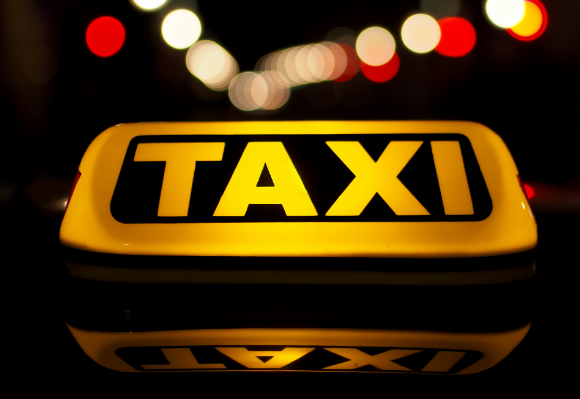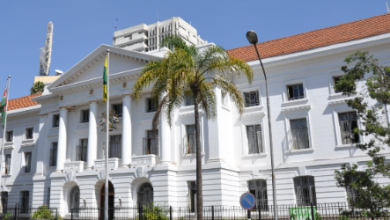Uber, Bolt Oppose New Taxes, Deny Plans to Leave Kenyan Market

Ride hailing platform Uber has denied that it has any plans to leave the Kenyan market, a day after its representatives and Bolt’s told a parliamentary committee that new taxes proposed in the Finance Bill 2024 would negatively affect their operations.
According to the bill, non-resident companies will be charged a 6% Significant Economic Presence tax on their gross turnover – which the platforms’ representatives said would tank overall revenues and incomes for drivers. The companies also said the tax would disincentive foreign companies from investing in Kenya, as well as pushing out those with a profitable enterprise in the country. They urged parliamentarians to reject the proposal, warning of economic losses including joblessness and companies’ exits. Contrary to reports that the ride hailing company has threatened to exit the Kenyan market, an Uber spokesperson told The Kenyan Wall Street that such a plan was not underway. The spokesperson said that the company will engage with the government to lobby for policies that would be beneficial to all industry players.
“As valuable contributors to the Kenyan digital ecosystem, we have engaged with and look forward to continued fruitful discussions with the government on the Finance Bill. Our relationship with various government agencies has been built on mutual respect and a shared vision for a better Kenya,” the Uber Spokesperson told The Kenyan Wall Street.
How New Taxes will Thin MarginsBoth Bolt and Uber are foreign-owned companies with the bulk of the market share in Kenya as in many countries in Africa. The representatives before the committee cited that the SEP tax was akin to the turnover tax charged at 3%, and it is the same tax responsible for a massive exit of foreign companies in Nigeria.
“By introducing the 6% Significant Economic Presence Tax, the effective rate for a non-resident in the digital market space will be 22% on gross turnover without taking into consideration the operating costs,” said Bolt’s public policy manager, George Abasy.
“SEP, as proposed, does not indicate how a non-resident person will be deemed to have created a significant economic presence in Kenya therefore becoming liable to tax in Kenya,” Uber Tax Manager, Chizeba Nnonyeh added.
The Finance Bill 2024 also intends to hike the Digital Service Tax from 1.5% to 3% and the Corporate Tax Rate from 30% to 35%. A slew of additional levies and taxes such as the Motor Vehicle Tax will deepen the woes for ride-hailing platforms, who told the committee chaired by Molo MP Kuria Kimani that ride fares will be increased in the process.
“Note that the ride hailing industry in Kenya is governed by NTSA which has capped ride hailing commissions to 18% thereby limiting the company’s ability to generate revenue,” said Bolt Africa Tax Manager, Celia Kuria.
ADVERTISEMENT



